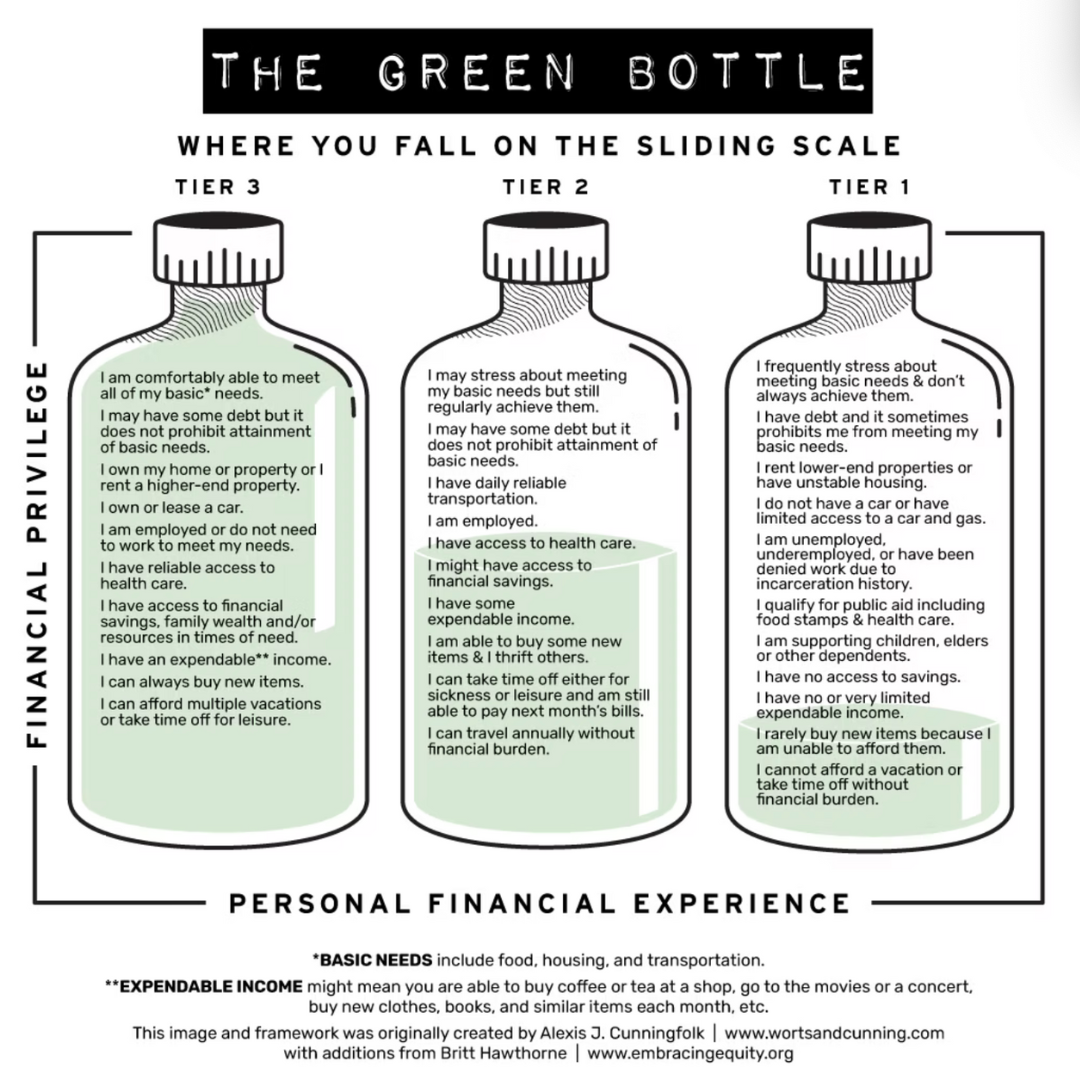When mealtimes are hard.
Feeding Tweens & Teens
with Pervasive Drive for Autonomy (PDA)
A Parenting Class Helping Grown-Ups Nourish the PDA'ers (tweens & teens) in their life.
-
Specialized Strategies for Managing PDA-Related Feeding Challenges
-
Neurodivergent Affirming for Real-Life Situations
-
Emotional Support & a Community of Like-Minded Parents & Caregivers
2025 CLASSES | 1 HOUR/WEEK | 4 WEEKS
WINTER 2025 BEGINS JANUARY 14th, 4 PM PST/7 PM EST
SPRING 2025 BEGINS APRIL 8th, 4 PM PST/7 PM EST
Sign Up for a Free Consult Today!

Real Life Strategies

Feed with Confidence

Individualized Support

Well Nourished Kids

Enjoyable
Meals
Parents Love This Class!
See for yourself...
Cya
Mom of 4
"My son is very sensitive to smells, including our family's favorite breakfast foods. After working with Brandi, I'm happy to say, we can all eat and enjoy breakfast without meltdowns or complaints."
Anne
Mom of 2
"I have two children who are neurodivergent. One will eat anything and everything and the other will only eat 6 foods. At first, it felt like they would only play with food for such a short time & I wasn't sure it was worth it. But now that it's been several months, I can totally see the difference. My oldest gets her sensory seeking needs met and my youngest is learning he can touch "weird" stuff. The food play exposures are helping him be less texture avoidant."
Tomas
Dad of 3
"3 Kids on the spectrum...food issues are a daily battle. We have a long way to go but so far, Brandi has helped us find creative solutions to our after school flow that I can actually maintain and everyone is happier for it."
Privacy Policy: Your information is 100% Secure.
Creating Peace with Food, LLC
Rates Excellent on Client Feedback Surveys
So, Why a Parenting Class?
Let's face it... PDA impacts every aspect of a child's life but where parents & caregivers can feel the most tension is around meals and eating. After all, isn't it our job to make sure our kids are well-fed and grow well? So how do you do that with a kid who perceives hunger and eating like a war battle?
That's where Feeding Tweens & Teens with PDA helps.
A parenting community made up of families who truly "get" it. Navigating complex feeding issues requires a lot of back-up and nothing helps parents more than other parents. It also helps to have a 20-year veteran pediatric & eating disorder dietitian in your corner! In this class, you'll learn how PDA gets triggered around food and eating, reduce power struggles, help your PDAer deal with rigidity and perfection and know when to help your child move forward on their food journey and when to hold the peace. Low Demand Parenting paired with Responsive Feeding Therapy is an ideal match for nourishing Tweens & Teens with PDA.

Parents of Kids with PDA Have Greater Success in Groups
When comparing Individual Therapy, Group Therapy and Information Only, Parents Who Participated in Group Therapy showed better outcomes at a fraction of the cost and in less time!

Felt the Most
Informed and Supported

Lowest
Stress

Least
Anxious

Lowest
Guilt
Wymbs FA, Cunningham CE, Chen Y, et al. Examining Parents' Preferences for Group and Individual Parent Training for Children with ADHD Symptoms. J Clin Child Adolesc Psychol. 2016;45(5):614-631. doi:10.1080/15374416.2015.1004678
Feeding Tweens and Teens with PDA is Your Secret to Feeding Success
Less Stressed and Well Fed Kids is only 4 weeks away!
Without Help,
Higher Risk of:
-
Parent Burnout & Exhaustion
-
Strained Family Relationships
-
Nutritional Deficiencies
-
Increased Anxiety & Behavioral Escalation
-
Risk of Nutritional Deficiencies
With Support
-
Reduced Mealtime Conflict & Stress
-
Greater Autonomy and Empowerment for your Tween and Teens
-
Increased Parent Confidence & Consistency
-
Reduction in Sensory Aversions around Food & Eating
-
Improved Nutrition & Increased Likelihood of Acceptance of More Variety over Time
This class...
Is Right for You If...
This class is AMAZING, literally life changing for many families BUT it isn't a good fit for everyone.
Parents/caregivers who LOVE this group have the following in common...
-
You care for a tween or teen who has been diagnosed or you highly suspect they meet the criteria for Attention Deficit Hyperactivity Disorder (ADHD), Autism Spectrum Disorder (ASD), Pathological Demand Avoidance/Pervasive Drive Autonomy (PDA), Avoidant Restrictive Food Intake Disorder (ARFID).
-
You are Invested in the Doing! You are ready to take action now.
-
You want to solve your family’s feeding problems, not just learn about them.

What is Responsive Feeding Therapy (RFT)?
"Responsive Feeding Therapy (RFT) is an overarching approach to feeding and eating interventions applicable to multiple disciplines and across the lifespan. RFT facilitates the (re)discovery of internal cues, curiosity, and motivation, while building skills and confidence. It is flexible, prioritizes the feeding relationship, and respects and develops autonomy."
- Rowell K, et al.
Responsive Feeding Therapy Values
Values guide how you live your life and make decisions. These values will guide our work together.

Autonomy
Respect for bodily autonomy is paramount in creating a secure environment where everyone can feel safe and respected. When this principle is recognized, individuals can take ownership of their own decisions and actions.

Individualized Care
Individualized Care considers not just the individual but also how their families, communities and cultures shape them - leading to more comprehensive interventions unique to the child and family’s
needs.

Competence
With competence comes the confidence to take on any situation and be equipped to handle it with proficiency. It is an invaluable asset that allows children and their grownups to feel competent in navigating any feeding situation.

Internal Motivation
Feeling inspired from within, internal motivation is a powerful force that stems from an individual's natural desire to take action and push themselves forward with no outside pressure.

Relationship
Relationships are an integral part of life, providing a connection between people that helps foster understanding, compassion, mutual respect and affection.
What’s Included?
-
15 Minute Intake Call
-
Private Facebook Group Access
-
4 weeks of 60 Minute Classes via Zoom
-
Each class is recorded and shared privately with class members
-
1 Coaching Email Each Week
-
60 Minute Individual Coaching Call
Pay What You Can
Suggested Rates
Tier 3: $1000 Tier 2: $500 Tier 1: $250

Schedule a 15 Minute Free Consult with Brandi Today and Find Out if this Class is Right for You
Privacy Policy: Your information is 100% Secure.
Frequently Asked Questions
What is Responsive Feeding Therapy (RFT)?
I really like the definition the Responsive Feeding Therapy (RFT) White Paper uses. It states, “(RFT) is an overarching approach to feeding and eating interventions applicable to multiple disciplines and across the lifespan. RFT facilitates the (re)discovery of internal cues, curiosity, and motivation, while building skills and confidence. It is flexible, prioritizes the feeding relationship, and respects and develops autonomy. You can learn more here. Learn more here.
Is this covered by my health insurance?
No, parenting classes/groups are not covered by health insurance.
Can I pay for this class with my Health Savings Account/Flexible Spending Account
Yes. Since this is a health related expense, you can pay for this class with your HSA/FSA.
Can my kids’ join the class?
Not at this time.
What if I have to miss a class?
Each class will be recorded and emailed to participants within 24 hours.
Why aren't my kids allowed to join the class when they are the ones who need to learn how to eat, not me?
There are many reasons kids can have difficulty eating enough food, getting enough variety of food and growing well. It's a complex, multifaceted medical problem. It is important to get the kids involved eventually or even alongside but separate to this class. Much of how and whether they eat what you provide is out of your control. That said, what you do have control over is the environment, your response to any given situation, learning parenting skills, and organizing the medical care they receive. Honing in on what you are able to do and not do boosts your confidence, reduces anxiety and believe it or not, can improve how well your child grows and develops while also preserving your relationship to your child.
My pediatrician says this is a phase and they will grow out of picky eating but I am unsure. Is this true?
If a child is over 4 years old and they continue to exhibit sensory and selective picky eating behaviors OR if a child had a wide variety of foods they ate as a toddler but as they've gotten older their food preferences have become more narrow to under 40 foods, then this is not a picky eating phase and they are not likely to "grow out of it" without targeted interventions.
What is the format of each class?
Each class will have a similar flow to it.
1. Topic Introduction and Education
2. Discussion of the topic
3. Creating 1-3 personal action steps you will work on between classes
Copyright © 2022 Creating Peace with Food. All Rights Reserved.
